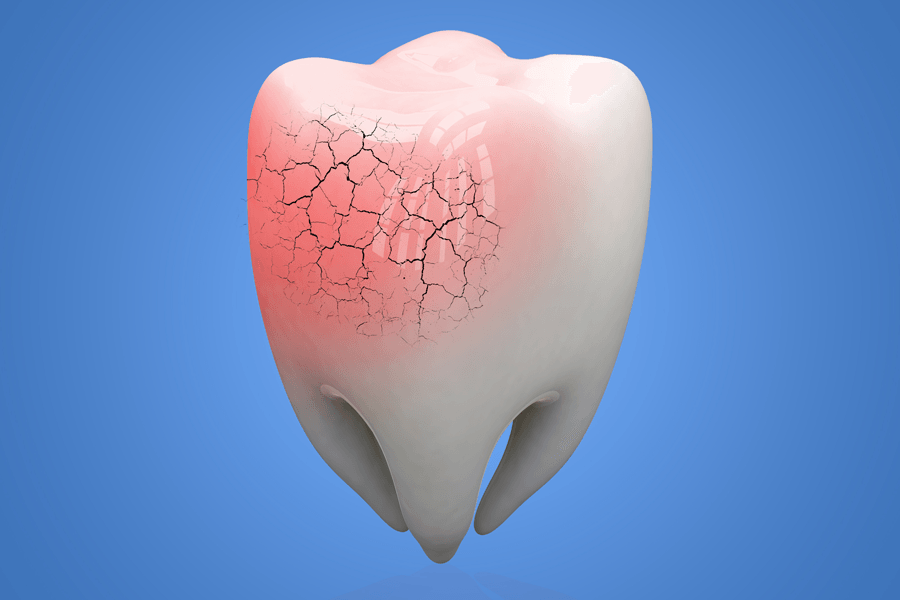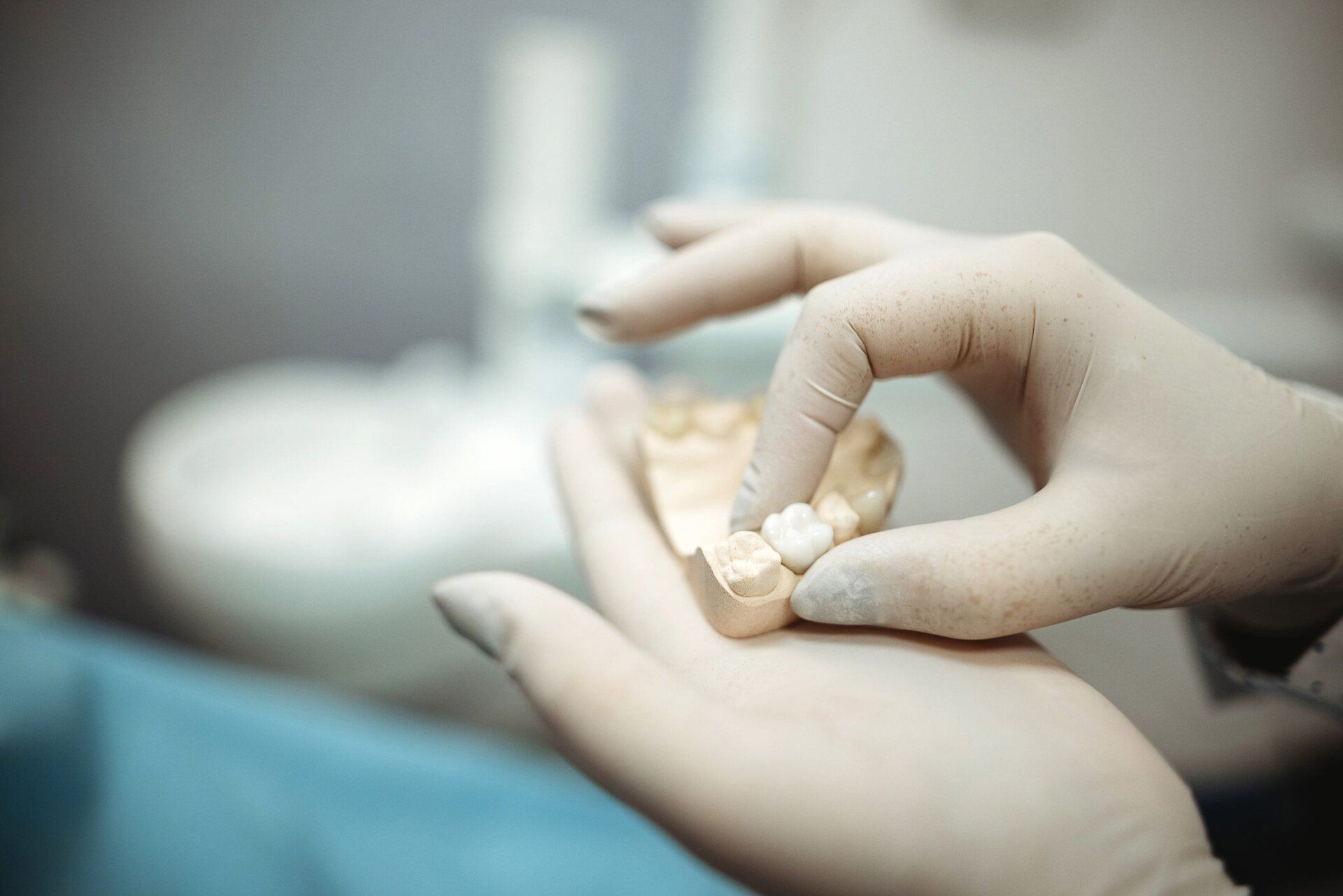4 Possible Causes of Frequent Toothaches

Because of the high concentration of nerves in our teeth and gums, tooth pain can be some of the worst to deal with. If you deal with frequent toothaches, understanding what could cause them can help you take the first step toward a solution. Discover four possible causes of frequent toothaches.
1. Cavities or Broken Teeth
Your dental enamel plays an important role in protecting the sensitive roots and pulp of your teeth. Any damage to the enamel can expose these parts of your teeth and lead to frequent or even continuous toothaches. This is often accompanied by acute sensitivity to hot, cold, and acidic foods.
You can do a few things to manage pain from a cavity or broken tooth until you can see your dentist. Naturally, over-the-counter pain medication is a go-to solution. To avoid making the damage worse, do not eat any especially hard or sticky foods, and try to keep food away from the damaged teeth when you chew. You can also try using temporary dental fillings for short-term protection.
2. Misaligned Teeth
If your teeth do not align properly when you clench them, you likely have a condition known as malocclusion. Malocclusion is more than a cosmetic problem, as it affects the overall health of your mouth. Teeth that do not align properly when you bite are subject to a range of forces that they are not made to handle. Teeth can rub against each other and wear down enamel or even break and chip.
You are likely to feel toothaches from malocclusion all throughout the mouth, gums, and jaw, rather than in only a single tooth. To treat toothaches because of malocclusion, your dentist may employ a wide variety of tools and techniques including braces, tooth reshaping, extraction of crowded teeth, or surgery to reshape the jaw in extreme cases.
3. Teeth Grinding
Teeth grinding, or bruxism, is a behavior that presents itself differently among different individuals. Some people will grind their teeth as a response to stress, while others will do so in their sleep without even realizing it. Grinding your teeth places extreme pressure on them that can easily result in frequent toothaches and jaw pain.
Your toothaches may be from teeth grinding if you notice that your teeth appear flat or worn down or if you often wake up with headaches or pain in your jaw. Your dentist can provide mouth guards or dental splints to protect your teeth from bruxism and may recommend medication or therapy for anxiety to help alleviate the causes behind your teeth grinding.
4. Impacted Teeth
A tooth is said to be impacted when it grows in at the wrong angle and is unable to emerge from the gums or only partially emerges. Any tooth can become impacted, but wisdom teeth most commonly become impacted. Impacted teeth can put pressure on adjacent teeth, leading to continuous pain, swelling or bleeding gums, and difficulty chewing.
Impaction occurs when you simply do not have enough room in the mouth for all of the teeth to emerge. Because of this, the only treatment option for impacted teeth is to extract them. Sometimes, extraction is not necessary right away, especially if the impacted tooth does not currently cause pain or other symptoms. Your dentist will use an X-ray to determine the best course of action for impacted teeth.
Toothaches can be a sign of several different oral health issues, so never ignore them. Contact us at New England Dental Health Services P.C. if you have experienced any tooth pain so we can offer the right treatment to provide relief and keep your mouth healthy.






